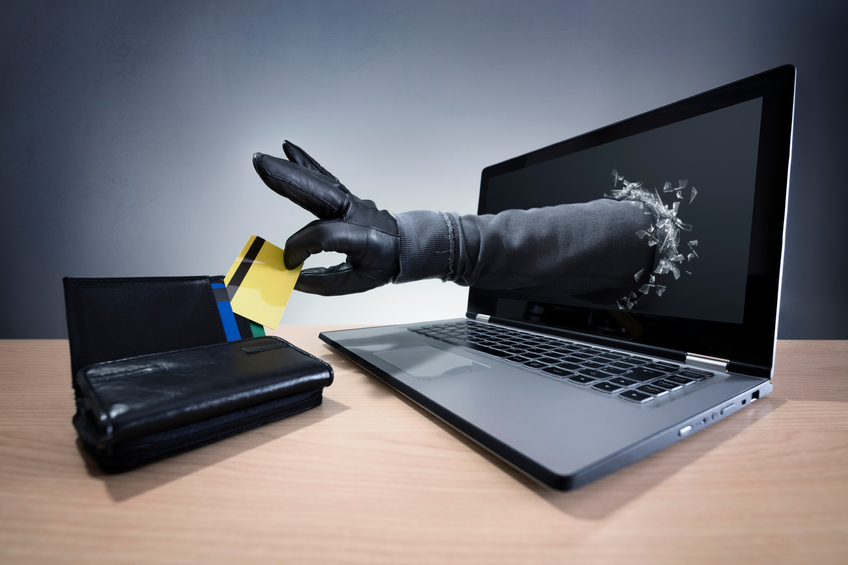AARP Hearing Center

There was a time that we could leave the front doors of our houses unlocked without worry, but now we feel the need to use deadbolts and surveillance cameras to protect our homes. Similarly, there was a time when we could access and use the internet without the worry of hackers intruding on our privacy, but we no longer live in such times.
Now, our lives are growing increasingly dependent on the internet, and this strong reliance provides hackers with more opportunities to invade our privacy and steal our information.
Although hackers have many of methods at their disposal to invade our privacy and steal our personal information, there are various actions that we can take to protect ourselves when we access and use the internet. In honor of International Data Privacy Day, we should make a pledge to be more diligent about protecting ourselves by taking the following actions when interacting with the internet:
1. Automate software updates. Software companies are constantly updating their software to help us defend against attacks by hackers. If we automate our software updates, we will have the latest protections available at all times.
2. Secure the wireless network with a password. We should always secure our wireless network with a password to prevent unauthorized individuals from attempting acquiring information that we share within our network.
3. Turn off your computer. We should turn off our computers when we aren’t using them because leaving our computers connected to the internet when they are not in use gives hackers additional opportunities to attack our networks.
4. Use a firewall. We should ensure that we have firewalls in place to block dangerous viruses or spyware from invading our computers.
5. Use secure passwords. It can take hackers just seconds to crack most passwords so it is very important to use the following guidelines when creating an online password:
- Must have a minimum of 9 characters.
- Must have at least 2 special characters.
- Must have at both upper and lower case letters.
- Must have at least 2 numbers; such numbers must not be repetitive or in sequential order.
- Must not include any variation of our company’s name, your user name, your name, spouse’s name, or children’s names, or related birth dates.
- Do not use dictionary words, but use phrases.
6. Do not use the same passwords for access to multiple accounts. Although it might be convenient to use the same password, we must use different passwords for each website or account that we access so that if a password is stolen, the potential damage is minimized.
7. Use two-factor authentication. We should opt for two-factor authentication when it is available. It requires a second verification method, such as a personal identification number (PIN) or a CAPTCHA word or phrase. Two-factor authentication provides us with protection in the event that a hacker acquires our password.
8. Use secure websites. We should always use secure websites when making online payments or sharing any sensitive personal information since these websites add an additional layer of protection for our information that is transmitted through the internet. If the web address starts with https://, it is a secure website that will encrypt our actions on that website, protecting our information from hackers.
9. Be careful when using public Wi-Fi. A public Wi-Fi connection can be intercepted by hackers. As such, if we are using public Wi-Fi, we should refrain from conducting financial transactions or sending sensitive personal information over that network. Otherwise, a hacker could hijack our information and log into our accounts.
10. Don’t open emails from strange sources. If we receive emails from sources that we don’t recognize, we shouldn’t open it, click on any links, or download any files. Hackers can send us emails that look benign, but actually contain viruses and spyware that can infect our computers.
The internet is one of our greatest resources; however, it is our responsibility to learn about potential threats to our online privacy and to be proactive in protecting ourselves from such threats. By incorporating these 10 actions into our online activity, we can severely reduce the chances of becoming a victim to an online attack from a hacker.

Shobha Lizaso is a graduate student at Brown University, employed by White & Case LLP. She provided this article in observance of International Privacy Day Jan. 28. For AARP’s tips and tools on information security, please visit https://www.aarp.org/home-family/personal-technology/info-2019/privacy-for-seniors.html .
Any views expressed in this publication are strictly those of the author and should not be attributed in any way to White & Case LLP. White & Case means the international legal practice comprising White & Case LLP, a New York State registered limited liability partnership, White & Case LLP, a limited liability partnership incorporated under English law and all other affiliated partnerships, companies and entities. This article is prepared for the general information of interested persons. It is not, and does not attempt to be, comprehensive in nature. Due to the general nature of its content, it should not be regarded as legal advice.































































